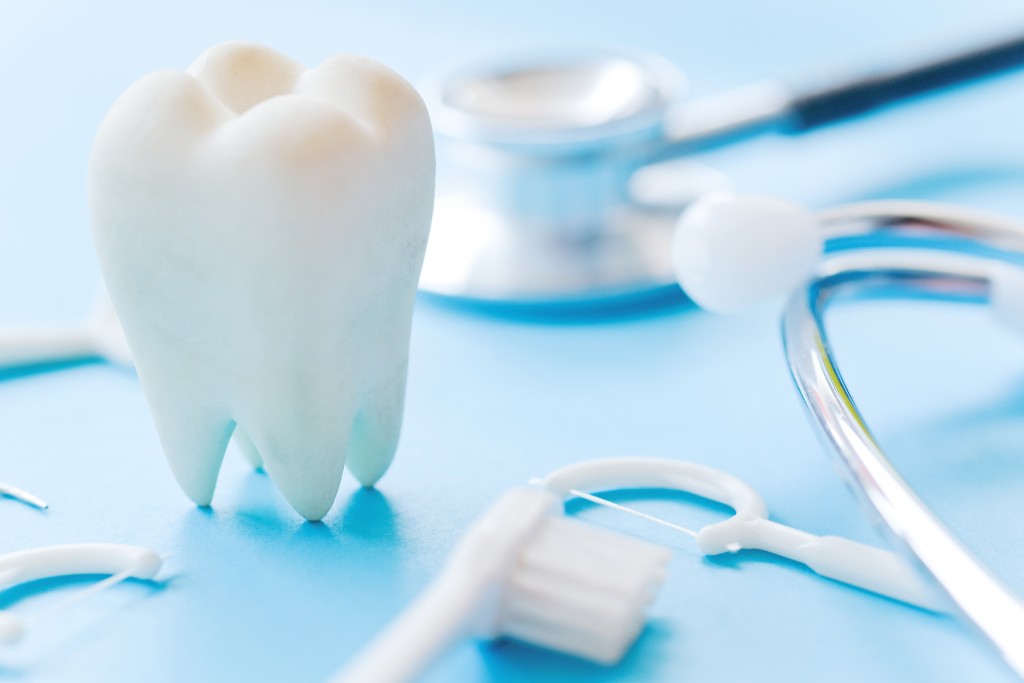Regular visits to your dental clinic are the best way to ensure healthy gums and teeth. Of course, that doesn’t mean you should neglect your oral hygiene at home. You should still brush your teeth regularly. But did you know that brushing your teeth every morning and night may not be enough to guarantee good oral health? You may be leaving gaps in your oral hygiene routine if you’re not brushing your teeth properly.
These oral hygiene pointers can help take your dental care routine to the next level even before your next appointment at the dental clinic.
Always Brush Your Teeth Before Going to Bed
Never go to bed without brushing your teeth should be considered the number one rule for oral hygiene. Bacteria thrives on the sugar and food particles in your teeth. So, allowing them to remain on your teeth for too long increases your risk of developing plaque. Brushing before bedtime will get rid of the germs that have accumulated throughout the day.
Use the Right Brushing Technique Properly
Brushing at least twice a week is the general recommendation. But the way you brush is essential. A quick brush is not enough to polish your teeth and remove all the leftover food particles. So, not brushing your teeth properly is just as bad as not brushing at all. Take your time when brushing your teeth. Move the toothbrush in gentle, circular motions. Moreover, experts recommend brushing your teeth for at least two minutes.
Pick the Right Brush
Picking the right type of brush is also essential. The head and bristles of your brush should be small enough to reach your molars, where food debris often hide and accumulate.
Use a Flouride Toothpaste
Many are concerned about the impact of fluoride on their overall health. However, it remains a vital substance in oral health. After all, it’s the best defence against tooth decay. Aside from fighting germs that lead to tooth decay, it also provides a layer of protective barrier on your teeth.
Clean Your Toothbrush
Did you know that covering your brush may breed new bacteria? Just rinse it and let it air dry after every use. You should also never share brushes with other people, including your kids.
Change Your Toothbrush

Brush bristles are not immune to wear and tear. That’s why it’s recommended that you change your brush every three to four months. If you’re still using your old brush past the prescribed period, your teeth may not be getting the best clean anymore.
Use a Tongue Scraper
You shouldn’t neglect your tongue when brushing your teeth. Plaque can build up on your tongue, which can lead to bad mouth odour and other dental health problems. Some toothbrushes come with a ridged tongue scraper at the back. You can use this to scrape the surface of your tongue gently.
Floss
Flossing does not just help remove food particles that are stuck in between your teeth. It also helps stimulate your gums, reduce gum inflammation, and lower plaque build-up.
Brushing and flossing your teeth properly and regularly can help reduce plaque build-up and other oral health issues. But even the most diligent brushers and flossers still need to see a dentist. For your best dental health, you should see your dentist for check-ups and cleanings at least twice a year. Aside from treating cavities, your dentist can also spot potential dental issues before they become worse.
